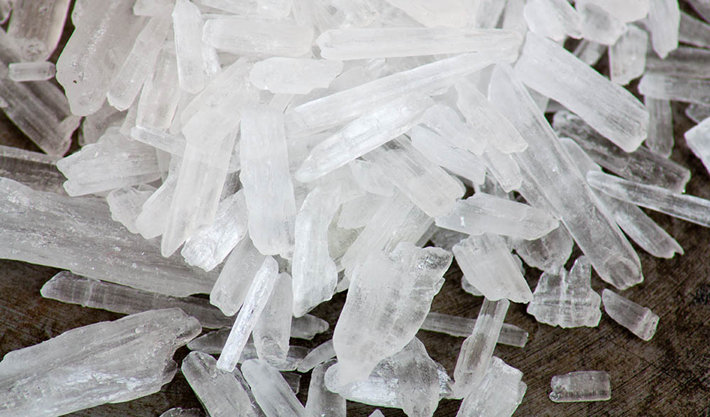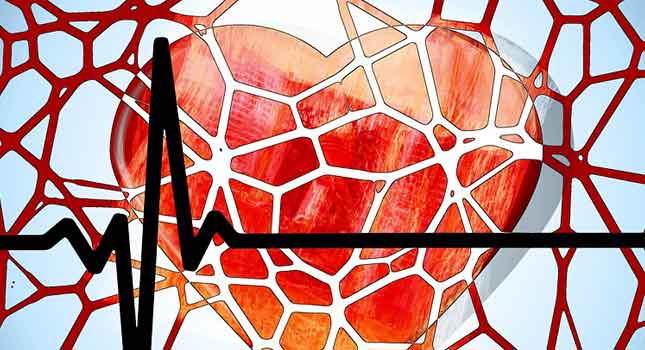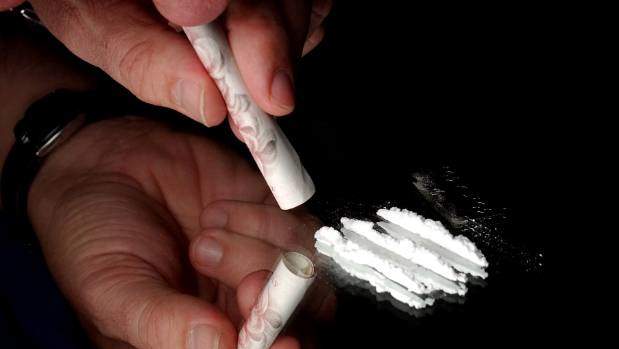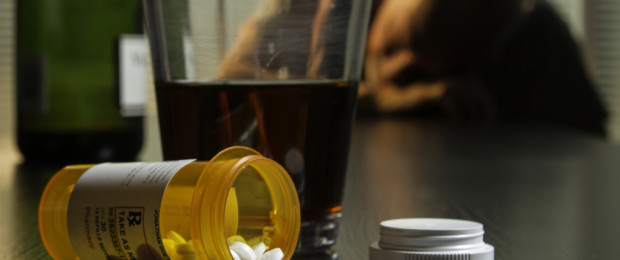Mental health means different things to different people. You may think of control, happiness, contentment, order – but good mental health is usually a sign of a positive way of life. Mental ill health is the opposite of this – it causes problems and creates barriers to being happy. Your frame of mind may vary between the two as mental health can change. It can be affected by external influences, and one of these is drugs.
Drugs that are psychoactive, such as cannabis, alcohol, ecstasy and heroin, have the ability to affect your mood. They can arouse certain emotions or dampen down others. This may be why you use them. The changes in your mood or behaviour caused by drugs are the result of changes to your brain. This is also the part of you that controls your mental health.
Drugs interfere with the chemicals in your brain. This affects the messages those chemicals are trying to send. You need to weigh up both the short-term and long-term effects that drugs can have on your mental health.
The short-term effects may well be something you enjoy – but probably only if they happen like you expect them to. You may also have unwanted short-term drug-induced side effects, such as acting or feeling strange. These are short-term because they pass as the drug leaves your system.
Drugs can have a longer-lasting impact on your mental health too, and you need to think seriously about your own strengths and vulnerabilities. Consider whether you use drugs to make bad feelings go away and whether you are in control of your use. Even if you start using drugs with a clear mind they may still affect your mental health. Drugs can simply expose bad feelings you never knew you had.
Unwanted effects may stay with you because you have a pre-existing mental health condition you were not aware of. Or you may get the dose very wrong and permanently disrupt a chemical balance in your brain.
Short-term effects of drugs on mental health
All psychoactive drugs may cause mental health problems while you are taking them and as you clear the drug from your body. These can include anxiety, mood swings, depression, sleep problems and psychosis (see below).
Drug-induced anxiety disorder
You may have panic attacks – periods of very severe anxiety when your heart rate increases, with trembling, sweats, shortness of breath, and a fear of losing control. You may also feel like your surroundings are strange and unreal, or that you are losing your personal identity and sense of reality.
Drug-induced psychosis
Psychoactive drugs can cause delusions – you believe things that aren’t true, or hallucinations – you see or hear things that are not there.
Drug-induced mood disorder
You may have times when you feel depressed – sad, restless, irritable, tired, loss of pleasure, or manic – elevated mood, delusions, impulsive behaviour, racing thoughts. This is called mood disorder and may be caused by drugs such as cocaine, amphetamines, heroin and methadone, to name a few.
Long-term effects of drugs on mental health
Psychoactive drugs may cause you ongoing mental health problems. It is not clear why this happens to some people and not others. It may be that using a drug has triggered a mental illness you didn’t know you had, or the drug changes the way a certain chemical affects your brain functions. Here are some of the ways that different drugs can affect your mental health:
Ecstasy and depression
Ecstasy is an amphetamine that causes hallucinations. It works by making serotonin more available and gives you a sense of euphoria when you take it. Serotonin is a chemical naturally found in your brain which regulates your mood. It is sometimes called the ‘happy hormone’. Ecstasy causes your brain to release a much higher amount of serotonin than usual. Over time your natural stores of serotonin may drop so much that you may never have the same levels as you had before you started using drugs. If lots of serotonin means euphoria than lack of serotonin means depression. You may experience short-term depression in the days after you use ecstasy but we need more research about the long term effects.
Cannabis and schizophrenia
Schizophrenia is a severe mental illness which may cause you to hear voices in your head and believe that other people are trying to control or harm you. Research shows a link between cannabis and people with schizophrenia. It is possible that if you have a pre-existing risk which you may not be aware of, there is a higher chance that using cannabis will trigger an episode of schizophrenia. These risks are also greater in younger people who use cannabis and those that smoke it more regularly.
Using cannabis as a teenager may be a risk to many aspects of your mental health. One of the compounds in cannabis – THC (tetrahydrocannabinoid) – gets you ‘high’. THC is very similar to endocannabinoids which are naturally found in your brain. These regulate other chemicals that control many aspects of your brain function and behaviour. Because THC is so similar, it can mimic the effects of these natural compounds and take over these aspects of your brain function. The long-term effects of using cannabis in your teens may be caused by the influence of THC on your brain’s chemical systems at a time when your brain is still developing.
Living with a dual diagnosis
A dual diagnosis is when you have two separate conditions – a mental health problem and a drug addiction. This means that health services need to work together to best provide care.
When trying to deal with both an addiction and a mental health disorder it is hard to know where one ends and the other begins. It may not be clear which came first. People with mental health problems sometimes use drugs to cope with the chaos, the bad emotions and the stigma of conditions such as depression or schizophrenia. But turning to drugs to cope with mental health problems can lead to complications of the illness and interfere with prescribed medication you are taking.
The mental health problems that most often occur with drug misuse are depression, schizophrenia, bipolar disorder, anxiety disorder and attention-deficit hyperactivity disorder






